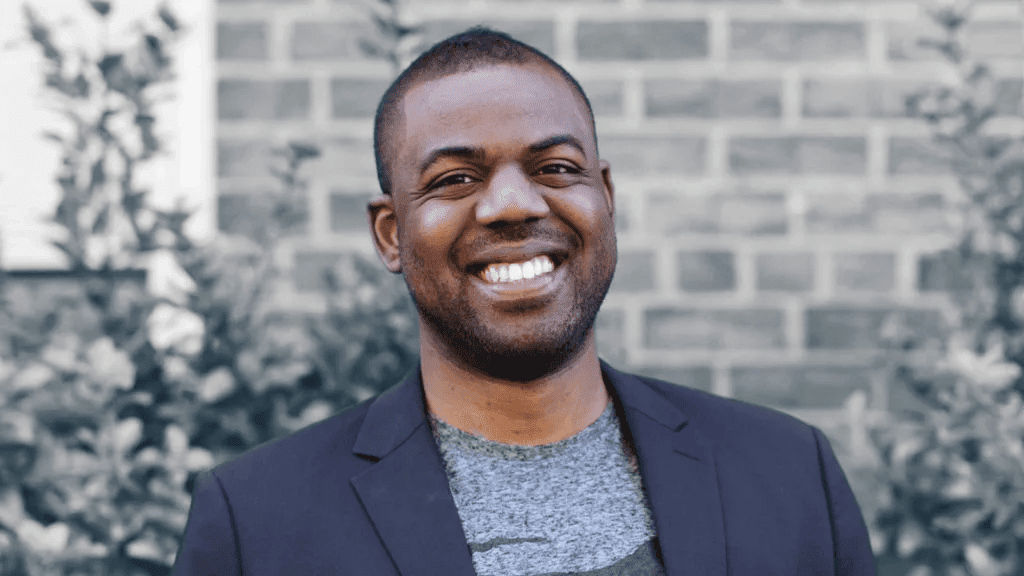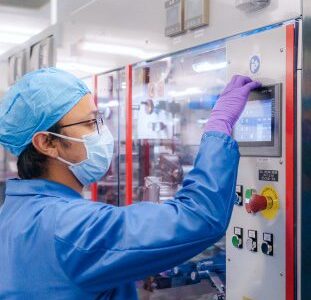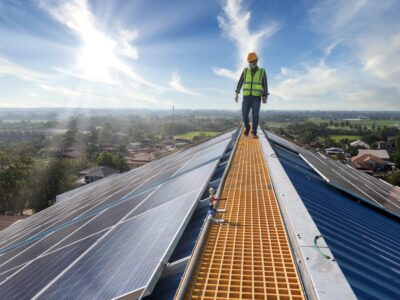New York City is home to some of the world’s most recognizable architecture, like the 1,454 feet tall Empire State Building, Madison Square Garden, and the One World Trade Center. Logically, the city synonymous with buildings, from skyscrapers to corporate HQs, emits a massive amount of greenhouse gas (GHG) emissions. In fact, the structures account for about two-thirds of NYC’s total GHGs.
In 2019, New York’s City Council passed the Climate Mobilization Act, part of Mayor Bill de Blasio’s Green New Deal. Included in the act was Local Law 97, a massively ambitious plan to curb building emissions and transition the city into a new age of green infrastructure. The law covers most structures more than 25,000 square feet and imposes strict GHG limits and energy efficiency quotas. The main goal is to reduce the emissions of the city’s largest buildings over time, cutting them by 80% by 2050.

As the number of green infrastructure regulations, bills, and mandates increased, a new problem emerged: a lack of workers trained to build green infrastructure.
Donnel Baird, CEO and founder of BlocPower, a Brooklyn-based building electrification startup, recognized the massive opportunity brought by a lack of trained workers. “The labor supply is a big problem, but it’s also a massive opportunity,” he said. Baird, a Brooklyn native, had an idea that would tackle two issues at once.
In 2021, the city of New York and BlocPower launched the Civilian Climate Corps (CCC), a $37 million program with an ambitious goal to develop a workforce to transition the city to climate-friendly infrastructure and bring jobs to neighborhoods affected by gun violence. Studies show that access to jobs correlates to lower crime rates. Most training programs either don’t pay trainees or cost a price, but the CCC pays program members $20/hour to learn.
Baird and others hope the program will help neighborhoods affected by gun violence and other crimes.
“We are going into the lowest-income communities, where folks are at risk of gun violence — personally, their families, their communities — we’re training them on the latest, greatest software to install green infrastructure in urban environments, in rural environments,” Baird said during the program’s announcement. “That’s going to solve not only crime rates in low-income communities in New York City, it’s [also] going to solve the business problem of the shortage of skilled construction workers across America.”

Since its start in 2021, the program has been a major success. To date, the program has trained more than 1,300 New Yorkers, and late last year, Mayor Eric Adams announced $54 million in additional funding to expand the program to 3,000 people.
While BlocPower focuses on building electrification, the program now includes training for all sorts of green economy jobs, like solar power, electric vehicle charging, and even installing heat pumps.
“Green jobs [are] going to bring green dollars into communities and really put people on the pathway of success. This program offers youth training in conflict resolution and emotional intelligence,” Adams said in a press conference announcing the program expansion. “These are skills that New Yorkers need in order to succeed … you can feel the energy in this building that something special is happening here. More than a tree is growing in Brooklyn, good jobs are growing in our city.”
At a press conference, Baird shared a story about the true power of the Civilian Climate Corps. “We had a gentleman [Wesley Booker] who was incarcerated for 17 years, and he came out, reconnected with his family, wasn’t quite sure how he was going to meet the expectations of his children and was he going to find work and be able to get involved in their lives,” he said.
“And we were able to get him trained and get him a job at our sister startup … So now he has a full-time job. He’s doing well. His kids are proud of him, he’s proud of himself, and that’s what this program is about.”
Hear from Wesley Booker himself, and see how the CCC installed solar panels on Rikers Island.
If the Bipartisan Infrastructure Deal makes one thing very clear, it’s that America’s transition toward green infrastructure shows no signs of slowing down. It’s no secret that more areas will switch to a greener, cleaner economy. The CCC can act as a case study for other cities, towns, and municipalities to follow, addressing two problems simultaneously.





